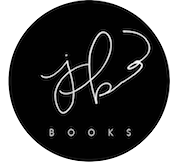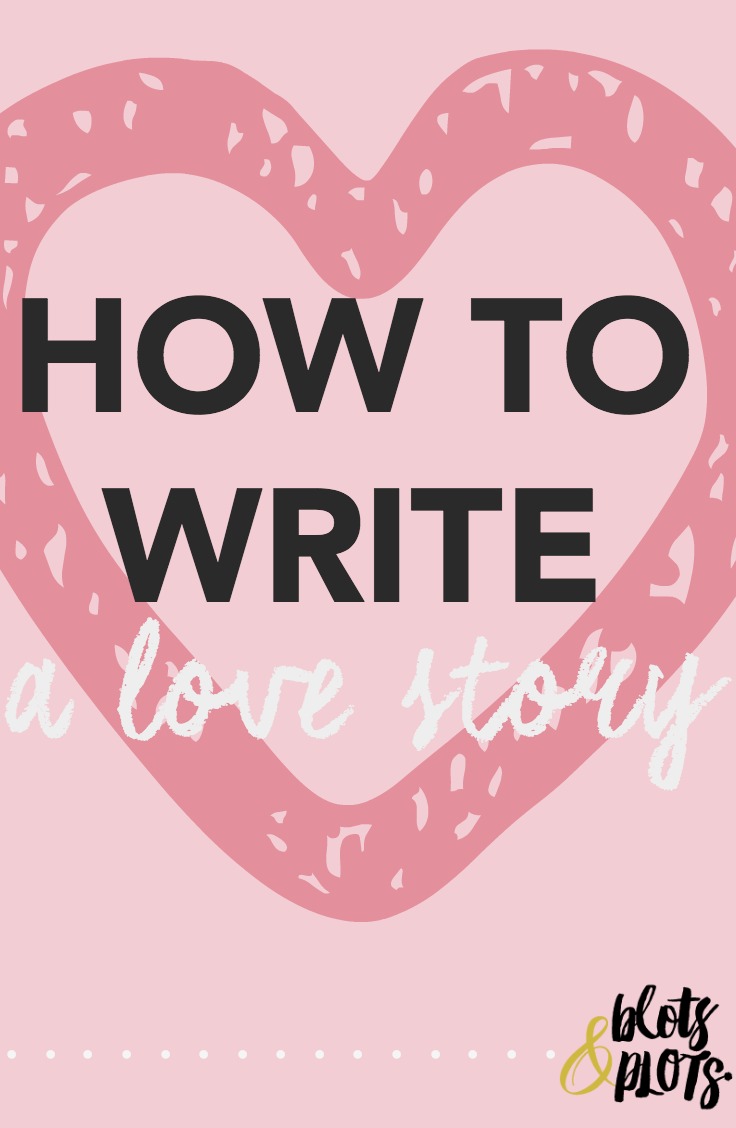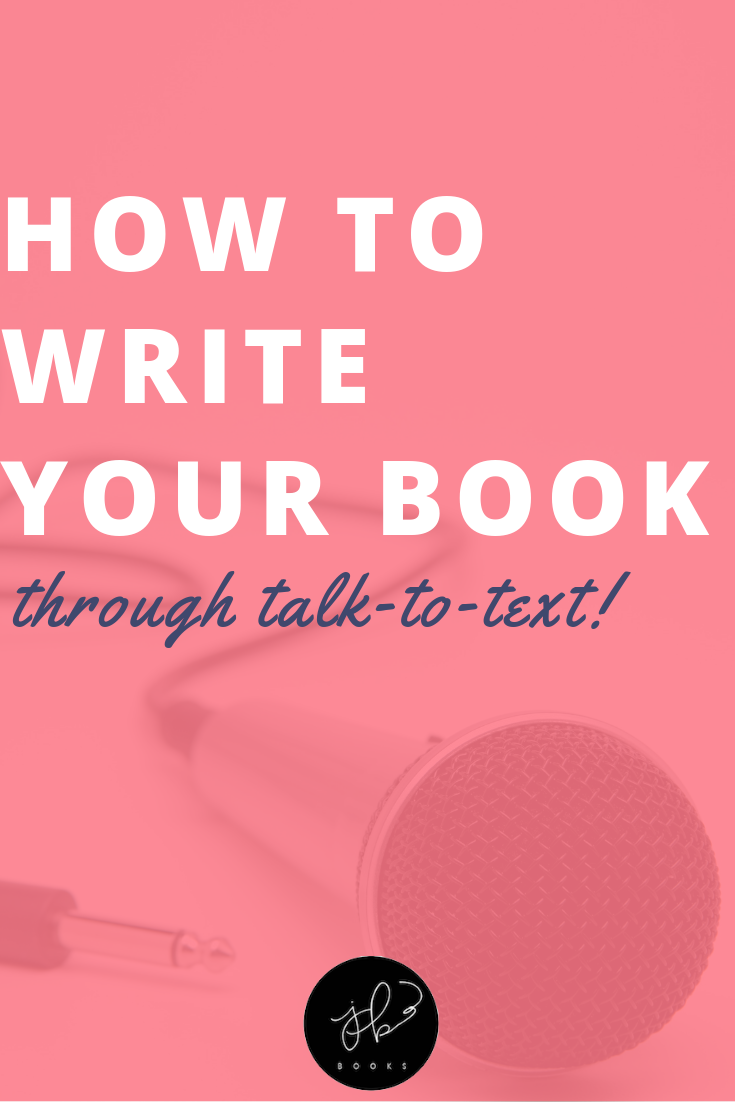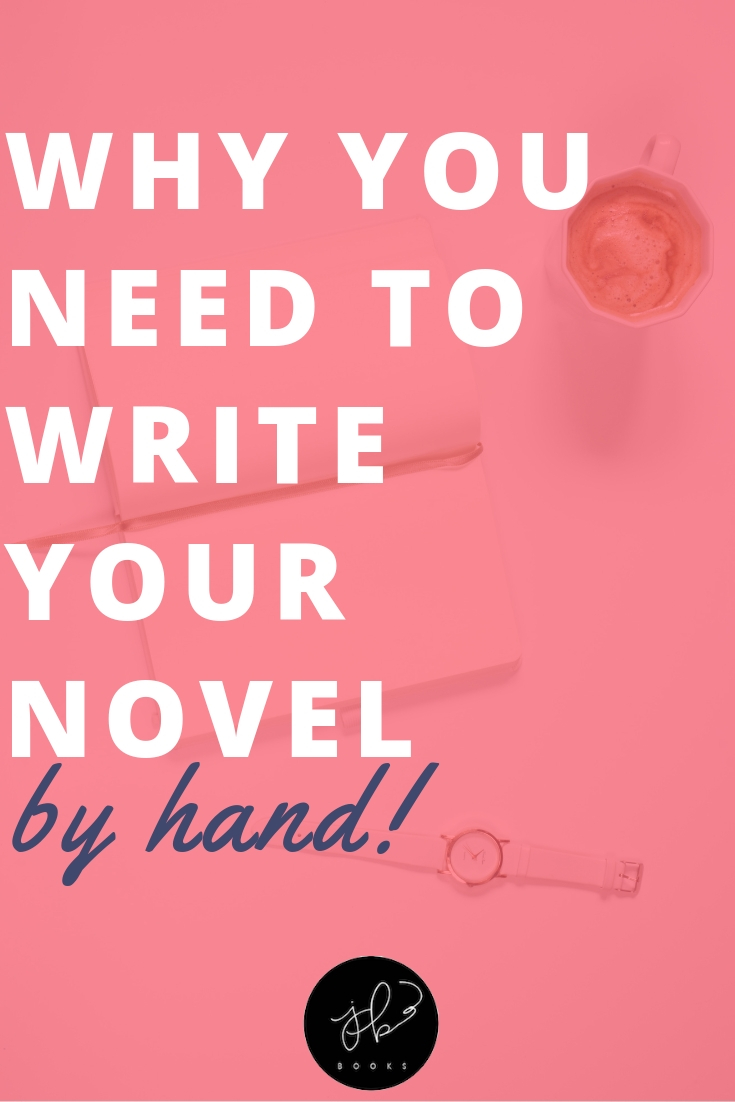Ever wonder how the great love stories are written? Learn how to write a love story that's believable and romantic!
Last week, Valentine's Day got me thinking about some of the greatest literary love stories. Pride and Prejudice. Wuthering Heights. Gone with the Wind. There's a reason why these classics still have us swooning today. When it comes to writing romance, there are key factors every writer needs to think about.
If you're wondering how to write a love story, you have to ask yourself, what kind of love story am I writing? Is it a hopeful one? Is it a tragedy? Is the love story the main story or a supplement to the overall plot? Let me break it down for you:
The Meet Cute
Who doesn't love a good "how we met" story? I can think of some great ones off the top of my head: Gus and Hazel Grace in The Fault in Our Stars, Charlie and Sam in The Perks of Being a Wallflower, Noah and Allie in The Notebook.
When two future love birds meet for the first time, there has to be an impact: negative or positive. We need to feel that this person is important and a game-changer to the story.
A few things to think about when writing the meet cute:
How do my characters meet? Through friends? By chance? How does their meeting set up the story?
What's the initial reaction? Do they like each other? Do they clash? If so, why?
What do they look like? Are they attracted to each other? Or does that come later?
How do they walk away? After their initial meeting, how do they feel? Anger? Curiosity?
Believability
In order for readers to buy your character's romance, ground it in reality | @blotsandplots #writetip (TwEEt This)
Chemistry: It's not just science, my friends. In the scenes after the meeting but before all the love, we need to see a progression in the relationship. We need to see the reasoning behind why they're falling for each other. These can be very simple scenes, but filled with emotion impact. Maybe she likes the way he reads to his grandmother on the weekends. Maybe he falls for the way she paints.
We need to know them as individuals, and we need to know them as a couple. It has to make sense. Are they compatible? Are they opposites? In either case, we need the proof. Pro Tip: learn how to write epic love stories.
Obstacles
There are no perfect couples. Need I say it again? No couples are perfect! So why would you write them that way? Try to think about the obstacles to love, both internal and external. Then ask yourself these questions:
What are their relationship flaws? What irritates your character about his/her partner? What do they fight about?
What is the biggest threat to their relationship? Is it external? Is it a character flaw? How do they deal with it?
Can they overcome? Are their obstacles too great? Do they fight or do they give up?
Love stories must grab the attention and affection of readers, so that they never want to let go. I still remember the first time I read A Walk to Remember, and how invested I was.
Love stories are the kind of stories that readers revisit over and over again. For extra reading on how to write a love story, I recommend visiting this article from the Write Practice. Want more? Read this advice from twenty published writers.
Discussion Time: How would you write a love story? What's your biggest struggle? What comes naturally?













